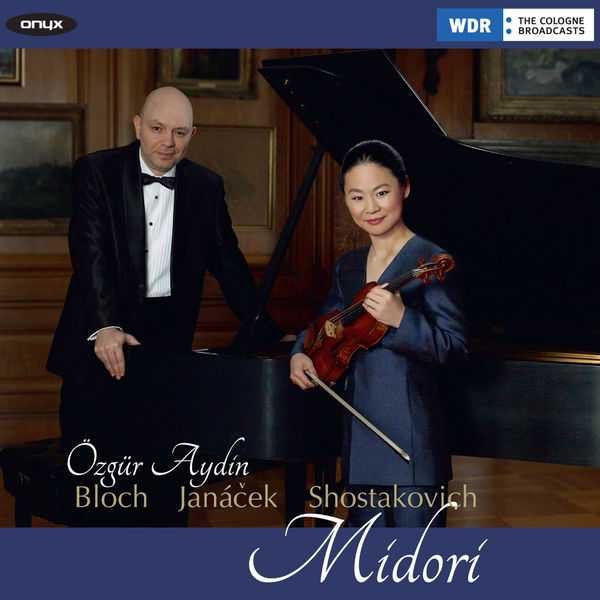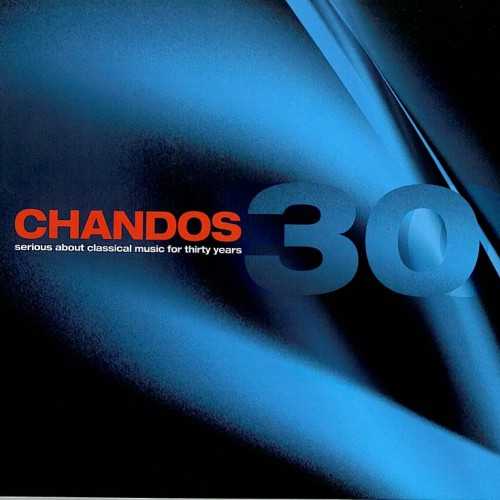
Composer: Ernest Bloch, Leoš Janáček, Dmitri Shostakovich
Performer: Midori, Özgür Aydin
Format: FLAC (tracks)
Label: Onyx
Catalogue: ONYX4084
Release: 2013
Size: 271 MB
Recovery: +3%
Scan: cover
01. Bloch: Sonata No. 2 for Violin and Piano “Poème mystique”
Janáček: Violin Sonata
02. I. Con moto
03. II. Ballada
04. III. Allegretto
05. IV. Adagio
Shostakovich: Violin Sonata, Op. 134
06. I. Andante
07. II. Allegretto
08. III. Largo
Midori makes her debut on ONYX with three 20th-century violin sonatas: Bloch’s seldom heard 2nd sonata ‘Poéme mystique’, Janácek’s sonata of 1914-21 and Shostakovich’s late G major sonata of 1968, a stark masterpiece composed for David Oistrakh and Sviatoslav Richter.
Midori made her debut at the age of 11 as a surprise guest soloist with the New York Philharmonic conducted by Zubin Mehta in 1982. She is recognised as an extraordinary performer, a devoted and gifted educator, and an innovative community engagement activist. In 2007, Ban Ki-moon, United Nations Secretary General named Midori a UN Messenger of Peace.
Writing about these works Midori says, “These are three works that interweave the anxieties or the modern world condition with much hope for the future. In the end, the music fills us with a great feeling or warmth and compassion while not shying away from what must be confronted”.
The career of Japanese American violinist Midori has largely been associated with the major Romantic violin concertos, but, whether because the market will no longer support so many of those or because she feels she has earned the right to explore new repertory, she has made a major shift in direction, recording 20th century works that are hardly crowd-pleasers in the traditional sense. The results are quite strong here, for the program is so intelligently chosen that the whole is greater than the sum of the parts. Midori defines the program this way: “These are three works that interweave the anxieties of the modern world condition with much hope for the future.” The emphasis in the music itself is on the anxieties, but perhaps the hope lies in expressing them. All are intensely inward works that express mystical spirituality (Bloch), intense inner warfare (Janácek), and profound despair (Shostakovich). It’s a brilliant combination, and in Bloch’s Violin Sonata No. 2 (“Poème mystique”), Midori and pianist Ozgür Aydín combine for some incredibly delicate textures. The other two works are not quite as strong; one misses a bit of violence in the Janácek Sonata and a bit of Russian spirit in the second movement of the Shostakovich Violin Sonata of 1968. But nothing is less than idiomatically played, and the album as a whole is a deeply engaging tour through the age of anxiety. The West German Radio network contributes excellent sound; the album, despite its “Cologne Broadcasts” rubric, is apparently a studio recording.



